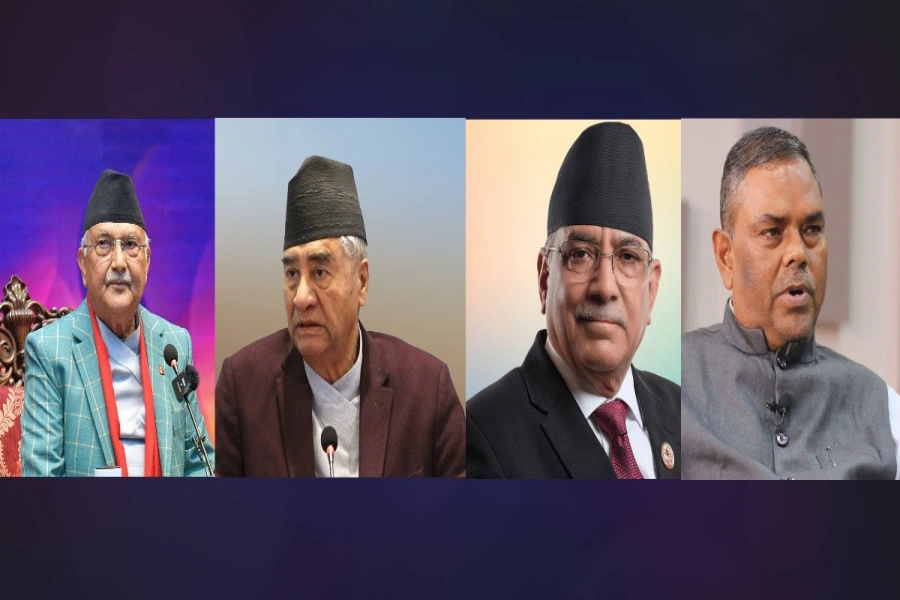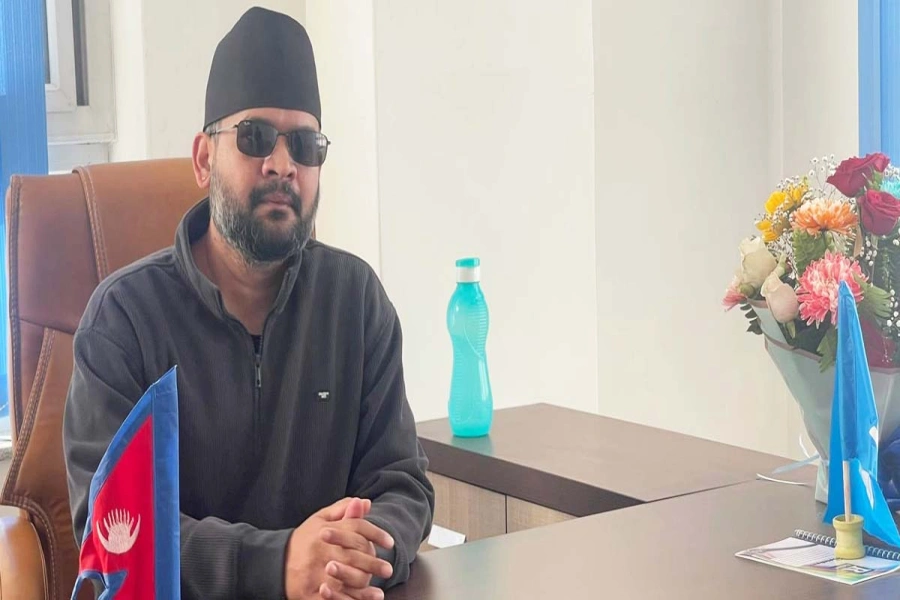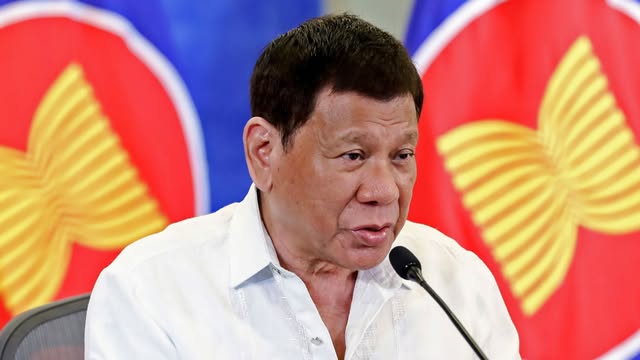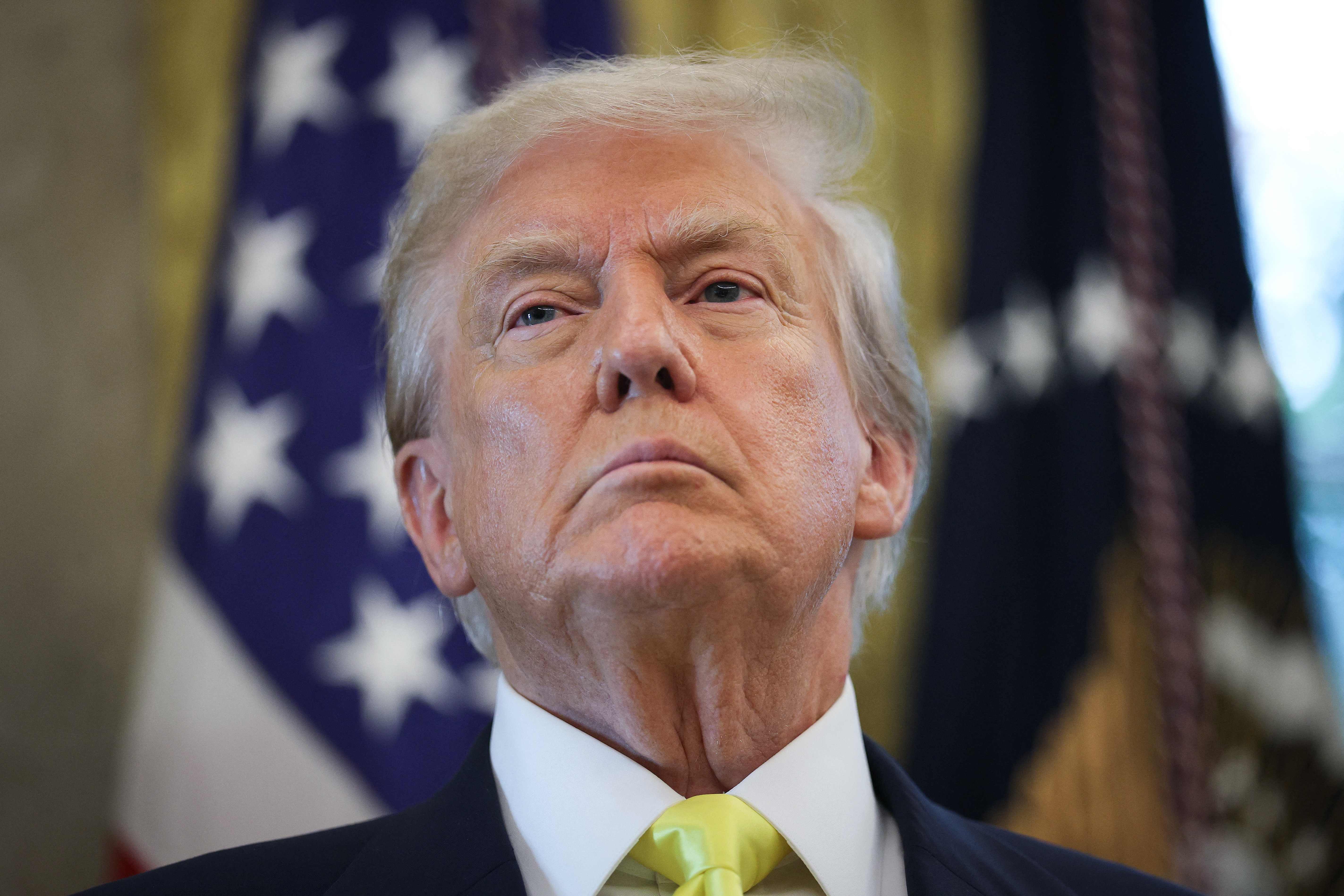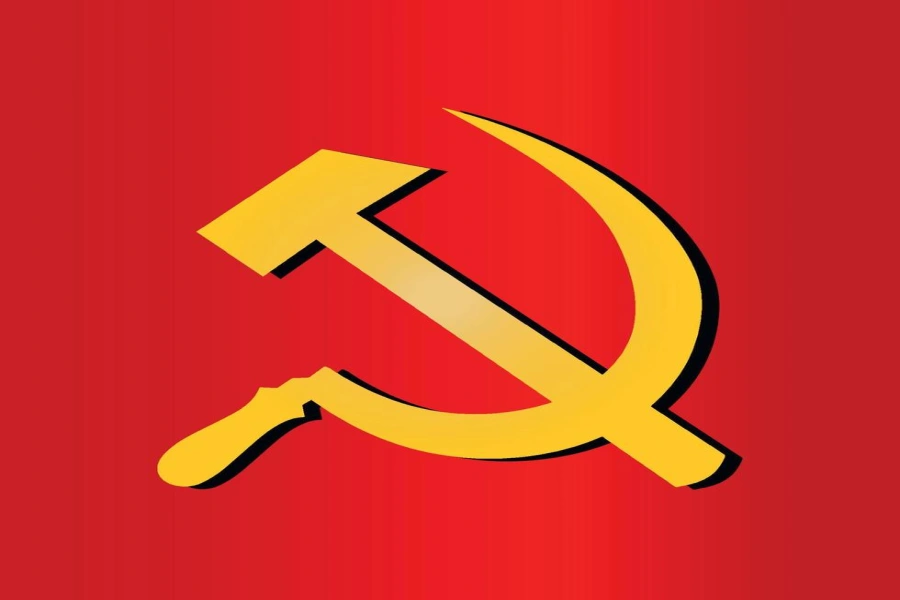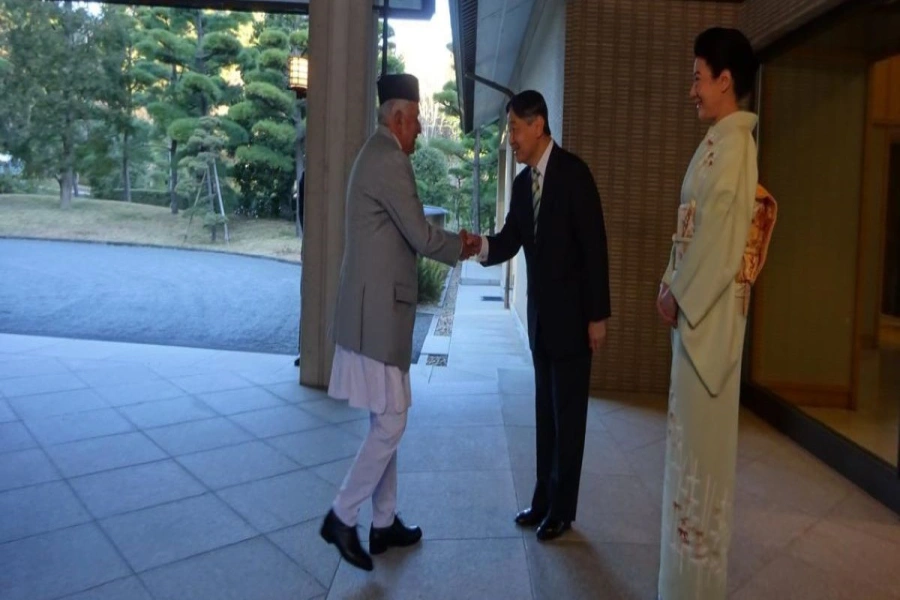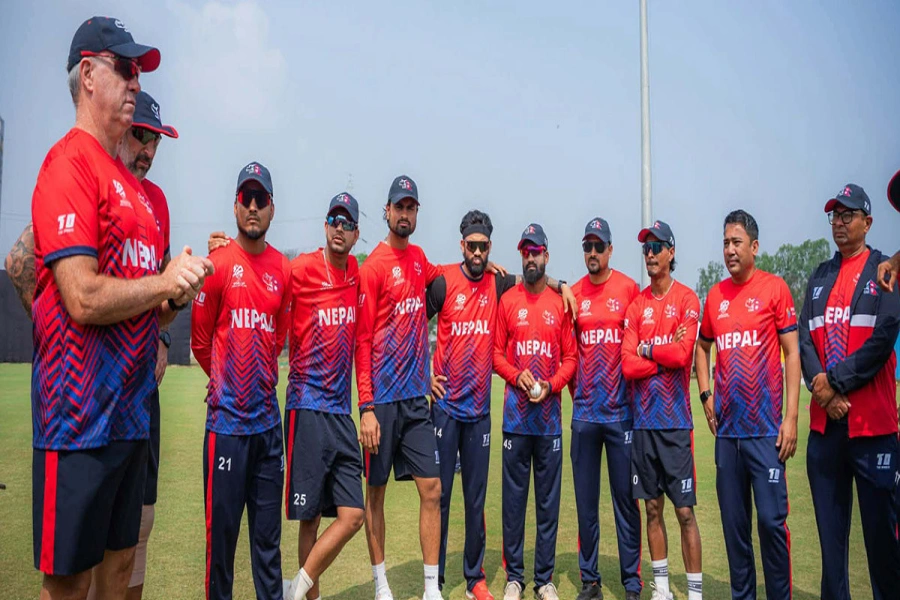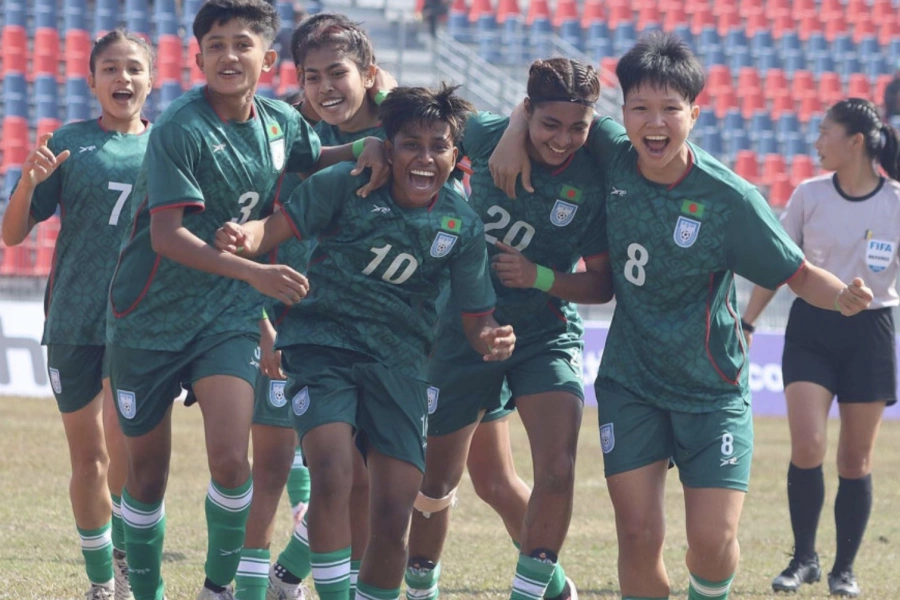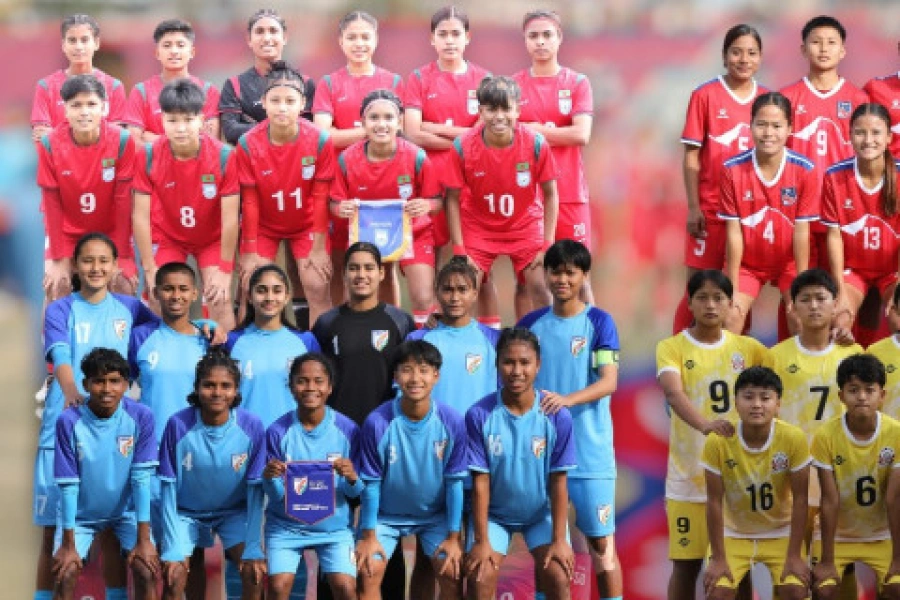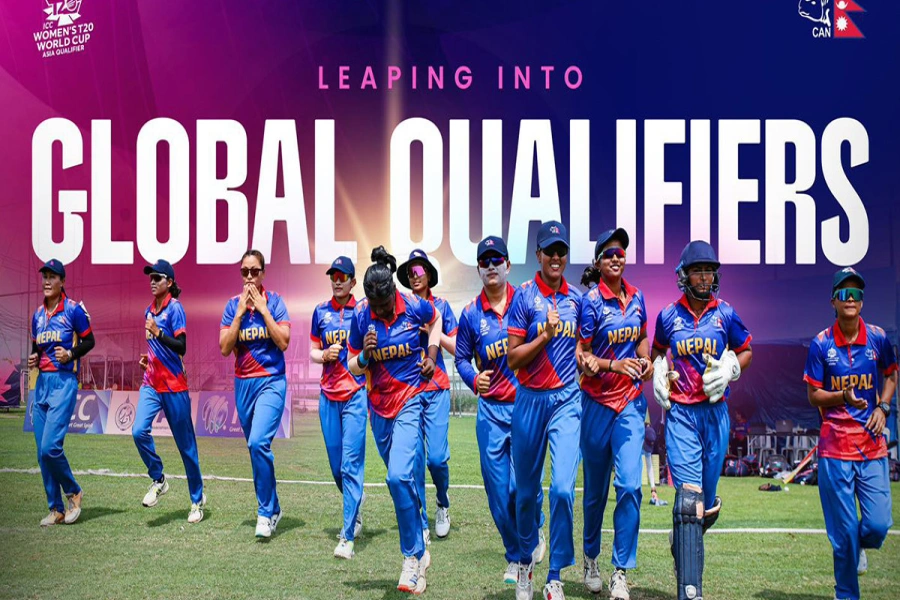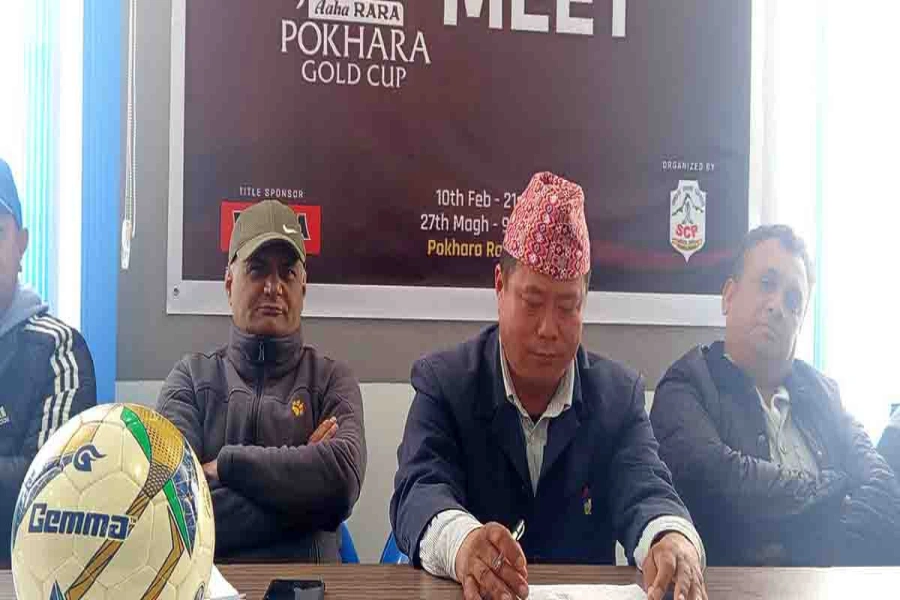The constitutional anti-corruption watchdog, Commission for Investigation of Abuse of Authority (CIAA), has lately lost its vigor in netting the corrupt, not because its bite has been blunted or corruption cases have gone down but because it has been rendered leaderless. The Constitutional Council has failed for long to appoint the chief commissioner and other commissioners, raising suspicions whether the indecision is deliberate and in the self-interest of the politicians.
But a dormant CIAA is not the only culprit. The Special Court, which was specifically created to take on corruption, and the Supreme Court have been extremely slow in passing final verdicts in corruption cases and have even flouted their legal obligations. The Special Court Act clearly says that the Special Court must pass the final verdict within three months after a case is brought to the court.
For the Supreme Court, the timeframe for a final verdict is six months. Take, for instance, the case of Minister Gupta. The Special Court took five years to pass its verdict, and when it did it wrongly acquitted Gupta, as the Supreme Court verdict now makes clear. The apex court itself took another five years before it convicted Gupta. This delayed justice is justice denied to the Nepali people, who wish to see speedy trials and prompt decisions in such cases. The apex court should expedite hearings in other high-profile corruption cases pending with it.
However, it would be asking too much to leave the fight against corruption to the judicial system and courts alone. An anti-corruption crusade should begin, ironically, from within the political system that remains infested with this very disease. The political parties, especially their top leaderships, should not and cannot shrug off their share of the responsibility for fighting corruption. Probity in public life, transparency in the finances of political parties and accountability to the people in such matters are obligations that no political leadership can abandon.
But the leaderships are often found wanting when it comes to institutionalizing these basic values in their own conduct and that of the parties. Instead, the politicians, when convicted on corruption charges, often claim that they are being victimized for political reasons, as did Gupta when he said he was being punished for championing the Madhesi cause. That is pure bigotry and only reinforces the point that anti-graft bodies like the CIAA and the courts are still the best hope for fighting the monster of corruption.
Trump blasts federal indictment as ‘baseless’ at first events s...






